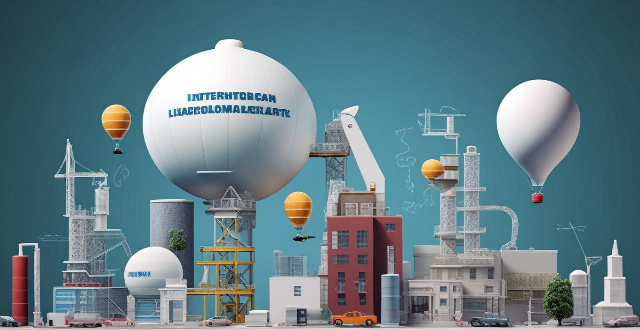Communication interference can significantly impact emergency services by delaying response time, impairing coordination, increasing risk to responders and victims, disrupting technology, and negatively affecting public perception. It is crucial for emergency services to prioritize reliable communication systems and protocols to minimize the impact of interference and ensure effective responses to emergencies.

The Impact of Communication Interference on Emergency Services
Communication interference can have a significant impact on emergency services, as it can disrupt the flow of information and hinder the ability of emergency responders to effectively respond to incidents. Here are some ways in which communication interference can affect emergency services:
Delayed Response Time
- Slower Dispatch: Interference can cause delays in dispatching emergency responders, leading to slower response times.
- Miscommunication: Misunderstandings or misinterpretations due to interference can result in responders being sent to incorrect locations, further delaying response time.
Impaired Coordination
- Reduced Situational Awareness: Interference can limit the sharing of critical information between responders, reducing their situational awareness and ability to coordinate efforts.
- Hindered Collaboration: Poor communication can hinder collaboration between different agencies or teams involved in an emergency response.
Increased Risk to Responders and Victims
- Safety Concerns: Interference can lead to safety concerns for both responders and victims, as critical information may not be conveyed accurately or in a timely manner.
- Missed Opportunities: Interference can cause responders to miss opportunities to provide life-saving interventions or to take necessary precautions.
Disruption of Technology
- Equipment Malfunction: Interference can cause equipment such as radios, scanners, and other communication devices to malfunction, making it difficult for responders to communicate with each other and with command centers.
- Data Loss: Interference can also result in data loss, preventing responders from accessing important information that could aid in their response efforts.
Negative Public Perception
- Loss of Trust: If communication interference leads to delayed or ineffective responses, it can negatively impact public trust in emergency services.
- Media Coverage: Interference that results in negative outcomes can receive media coverage, further damaging the reputation of emergency services.
In conclusion, communication interference can have far-reaching consequences for emergency services, affecting response times, coordination, safety, technology, and public perception. It is crucial for emergency services to prioritize reliable communication systems and protocols to minimize the impact of interference and ensure effective responses to emergencies.